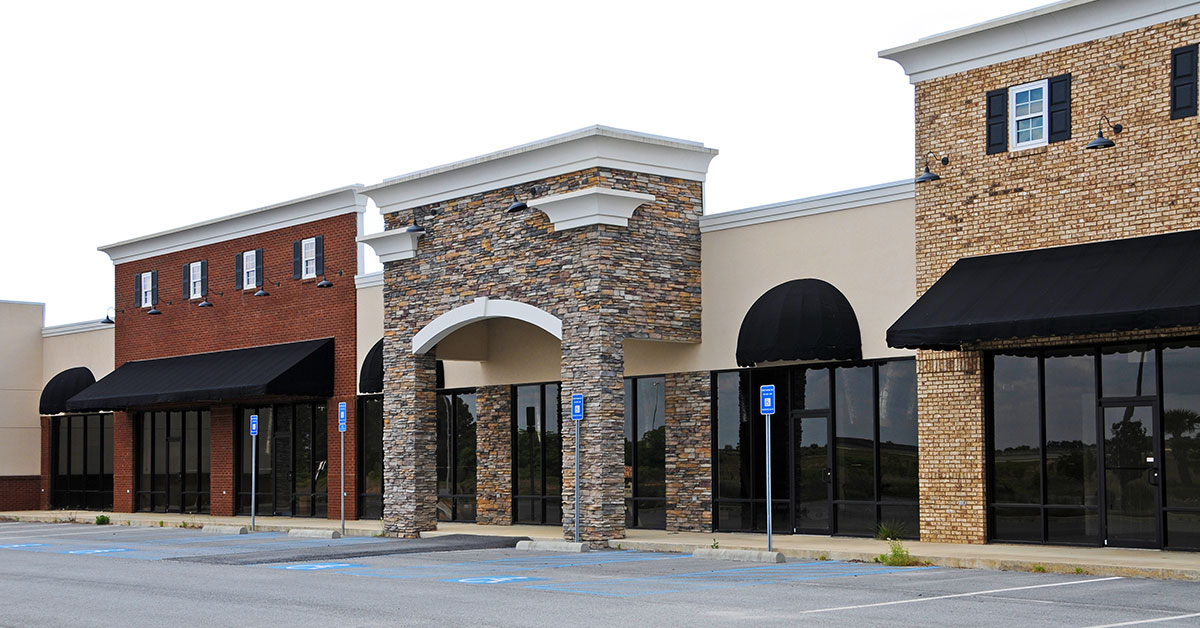
Is It Worth It to Get a Mortgage?
Thinking about taking the plunge into homeownership? It's a big decision, and we're here to help you navigate the pros and cons of having a mortgage. Picture this—building equity over time, feeling the stability of having your own space, and, hey, maybe even scoring some tax benefits. But hold on, it's not all rainbows and butterflies. A mortgage is still considered debt, and your payment could change due to fluctuations in property taxes, homeowner’s insurance, and interest rate if you have an adjustable rate mortgage. We get it, it's a lot to consider. From your job security to whether renting might be a better fit, we’ll cover important factors you’ll need to consider. So, pull up a chair and let's chat about whether a mortgage is your next big move.
Pros of Having a Mortgage
Owning a home through a mortgage brings a whole host of perks, from building equity and gaining financial stability to creating a space you can truly call your own. Let's look at some of the pros of having a mortgage:
- Building Equity: Each payment contributes to increased ownership and potential property value appreciation.
- Stability and Ownership: Establish a sense of stability and pride in ownership, customizing your space to suit your lifestyle.
- Credit Building and Tax Advantages: Consistent payments enhance credit history, while deductions on mortgage interest and property taxes offer financial benefits.
- Income Generation and Diversification: Explore opportunities for rental income and diversify investments with available cash.
- Preservation of Liquidity: Avoid large upfront payments, maintaining liquidity for other investments or unexpected expenses.
Cons of Having a Mortgage
While obtaining a mortgage offers numerous benefits, it also comes with its share of drawbacks to consider:
- Debt Commitment and DTI Impact: Despite being an investment, a mortgage still qualifies as debt, impacting your debt-to-income (DTI) ratio and committing you to a long-standing financial obligation.
- Fluctuating Monthly Payment: Over time your monthly payment can fluctuate due to changes in your property taxes, homeowner’s insurance, and flood insurance. If you have an adjustable rate mortgage, your payment will change if your rate changes.
- Accrual of Interest: The longer the mortgage term, the more interest you’ll pay over the life of the loan.
- Financial Responsibility in Uncertain Times: Owning a home entails significant financial responsibility, particularly during economic uncertainties. Job stability and a steady income are critical considerations to ensure continued mortgage payments.
- Additional Property Upkeep Costs: Beyond mortgage payments, homeowners must account for additional costs associated with property upkeep, including maintenance, repairs, and homeowners' association fees.
Factors Influencing Your Decision
Navigating the decision to acquire a mortgage and delve into homeownership involves considering various crucial factors. Let's explore said factors and how they can impact your decision:
Financial Stability
Ensuring your financial stability is paramount before committing to a mortgage. Here are key aspects to consider:
- Job Security: Assess the stability of your employment and industry to ensure a reliable income stream to meet mortgage obligations.
- Savings: Adequate savings for a down payment and unexpected expenses are essential. Establishing an emergency fund to cover unforeseen circumstances is also advisable.
- Debt-to-Income (DTI) Ratio: Lenders will evaluate your DTI ratio to determine your eligibility. While they prefer a ratio below 36%, there are options available if yours is higher.
- Credit Score: Your credit score plays a significant role in your loan eligibility. Lenders offer the best rates and terms to those with a score of 740 or better. If your score is in the 600s, you may still qualify but may face higher rates. Consider postponing buying a house to improve your credit score if necessary.
Long-Term Goals
Understanding your long-term aspirations is fundamental when contemplating homeownership. It's not just about finding a place to live, but also about how it fits into your life goals. Staying in one place for an extended period allows you to benefit from increasing property values and building equity. But it's crucial to make sure this matches up with your lifestyle and career plans. Also, keep in mind that selling your property quickly might have capital gains tax implications, so it's smart to think long-term about your finances and life goals.

Market Conditions
Knowing what's going on in the housing market is also key when you're thinking about buying a home. At the moment, there's a shortage of available houses, which is causing prices to rise. On top of that, the average interest rate for a 30-year mortgage is about 6.849% as of March 2024, according to NerdWallet. Being aware of these trends can help you assess whether buying a home is within your budget and can also guide you in deciding the right time to make your move.
Alternatives to Traditional Mortgages
Considering alternatives to traditional mortgages provides valuable options for individuals navigating the housing market. One alternative is purchasing a house with cash, offering complete ownership without the burden of mortgage debt or interest accrual. However, this approach necessitates substantial upfront financial resources, making it an unrealistic option for most people looking to buy a house.
Another alternative worth exploring is renting, which offers the flexibility to relocate without the commitment of homeownership. Renting also alleviates property maintenance responsibilities and typically involves fewer upfront costs. Depending on the market conditions in your area, renting could potentially be a more financially advantageous use of your money compared to purchasing a property.
Conclusion
Making the decision to take out a mortgage for your dream home is no small task—it requires careful evaluation of both its financial and lifestyle aspects. While it offers opportunities to build equity and customize your space, it also entails debt commitment and additional financial responsibilities. Before taking the plunge, it's essential to assess your readiness by conducting thorough research and understanding your long-term aspirations. Consider exploring alternatives such as renting to ensure you make an informed decision based on your unique needs. Remember, the journey to homeownership is a personal one, and arming yourself with knowledge and foresight is crucial for this significant financial endeavor.
But fret not! Community First is here to turn your homeownership dreams into a reality. Whether you're a first-time homebuyer, looking for your next home, or considering refinancing, Community First has mortgage loans tailored to meet your needs. For personalized support and guidance every step of the way, give our Mortgage Hotline a call at 904.574.5885.
Learn More About the Home Buying Process
- What is Intangible Tax?
- How to Qualify for a Florida Mortgage
- How to Avoid Closing Costs
- Can I Get a Mortgage if Self-Employed?
- What Does No Closing Costs Mean?
- 5 Common Mistakes of Home Buyers









